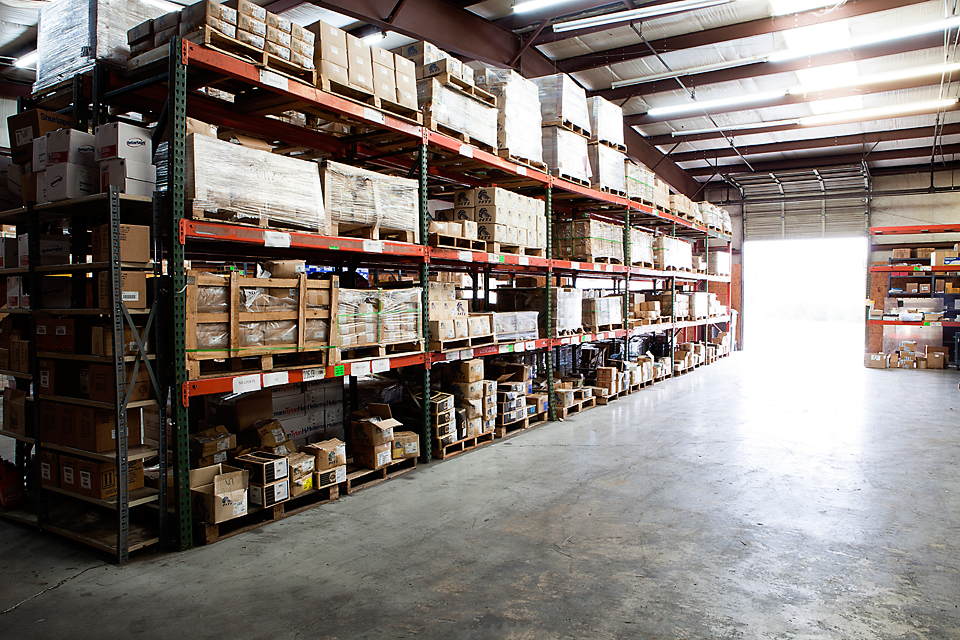Hiring skips can be quite challenging if people have not done it before. Most individuals assume they already know how it works and what they need. Talks of “builder skips,” “cubic yards,” and other terminologies can make an average skip hire that is new in this industry feel a bit intimidated. To help make it easier, here are some simple skip hire guides beginners can follow.
What can people put in skips?
The answer to what individuals can put in skips is to list what they can’t put in it. Here are some everyday items that can’t be disposed of.
Computer and television screens
Tires
Plasterboards
Cans on paints and paints
Diesel, petrol, and oil
Liquids
Toxic and hazardous materials
Gas bottles and gas canisters
Air conditioning units, freezers, and refrigerators
Fluorescent tubes and bulbs
Electrical equipment and appliance
Medical and clinical wastes like syringes
Batteries
Asbestos
Beware that if prohibited materials are found when skips are emptied, there is a good chance that people or companies will be charged extra, and the restricted materials will be returned to them. Experts advise that individuals keep a closer look on their skips if it is in a public or open area since people could put their own trash in their bins. If this happens, they will be responsible for the trash that is in their containers.
To find out more about the basics of recycling, check out this site for more information.
What size should homeowners or businesses hire?
The best size for skips depends on the quantity of trash and how much space homeowners or businesses have to put in bins. The larger the container, the cheaper it works out per cubic meter/yard of rubbish removed. But they need to make sure they have enough trash to fill it; otherwise, they will end up paying for half-full bins. Not only that, they need to bear in mind that most areas do not allow containers larger than eight yards to be placed on public highways.
How much should homeowners or businesses expect to pay for skip hire?
Prices vary substantially because of various factors like the size of the bin (smaller ones cost less), geography, and whether or not people require to skip permits (if these things are situated on or off-road). People need to keep in mind that skip hire before permit fees usually costs around 25% more compared to having the trash removed by a man-and-van unless they are getting rid of tons of heavy, dense materials like soil and rubble.
It is because man-and-van companies only need to visit the site once, whereas skip trucks come twice. Once when they deliver the bins and once collect them, unless people have tons of messy and bulky waste that needs to be disposed of, it will usually be quicker and cheaper using man-and-van services.
Visit https://sciencepark.com.ph/blog/waste-management-important to find out more about the importance of waste management.
What are licenses and permits needed?
If people put bins on public highways (usually called on-road containers) instead of private areas, they will need permits from their area’s council. It has to be organized before service providers deliver the container. These permits cost additional fees and will take a few days to arrange. Service providers organize the permit, so people will need parking suspensions if it is not in a controlled parking space. Both will cost money and will take at least a couple of days to arrange.
Should people hire an inert or mixed waste bin?
As a homeowner, people will usually be ordering the mixed containers instead of the inert ones. It is because they will get rid of various mix of trash materials. That is why when individuals ask a company for a price, these companies will always quote them the mixed-bin price first.
But if property owners only have inert trash to dispose of, they need to ask the firm for inert ones because it will be cheaper than its mixed counterpart. Inert debris is trash from construction and demolition work like cement, sand, soil, and rubble. In short, these materials are something individuals get from landscaping jobs and basement conversions.
These things do not decompose, so it needs to be disposed of differently compared to general mixed rubbish, including reused in other reconstruction projects. Mixed rubbish can be anything from big appliances, builder waste, furniture, carpet, garden rubbish, household junks, mattresses, and plasterboards. Inert containers cost less compared to general rubbish containers.
But in reality, inert ones are usually ordered by tradespeople and building firms rather than homeowners. In the past, there are many concerns people have around skip hire especially with what rubbish they can put in it. That is why it is very important to ask service providers about these things.
How long can people hire these containers for and when are these things collected?
The price of these things usually covers bins for up to two weeks. The date of the collection is flexible. Individuals can either state when they want the containers collected when they signed the contract or request collections later once they know more about the service. Service providers usually collect after the request was made.
If the container must be collected by a specific date, they need to make sure to provide service providers with a notice. If companies or homeowners need these things for longer than two or three weeks, then they can ask the company when they book.
Firms may charge additional fees, or they may just offer extensions with no extra cost. Usually, it does not precisely cost the service provider anything to have the bins at the property a couple of days longer, unless they have actually run out of containers at their yard, and it turns their business away.









